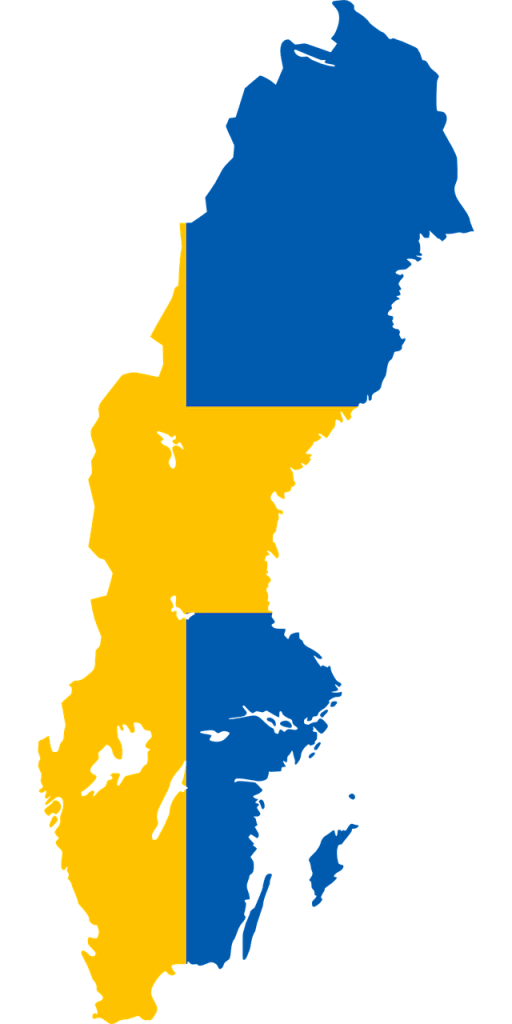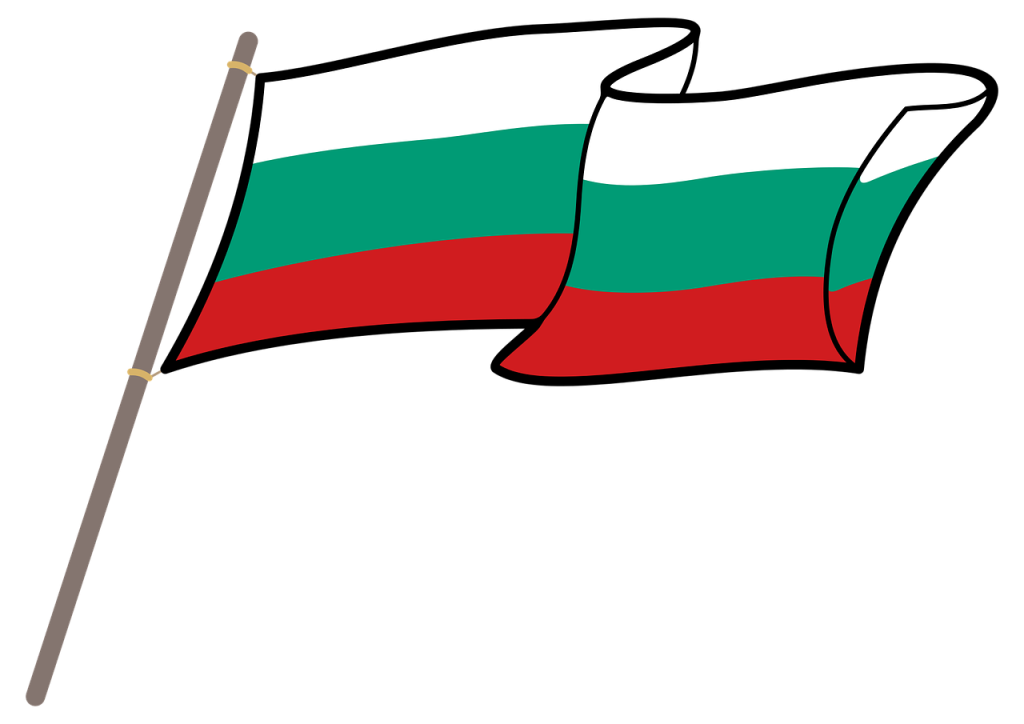The main goal & target group of the FEELIX-project
The main goal of the FEELIX project was to develop through domestic and international cooperation peer groups that concentrate on future work skills to complement the transition services of young people and others in a similar kind of situation.

The target group of the project was the young people, who have learning difficulties for different reasons (e.g. health, life situation or lack of language skills) and specialists in the field of coaching and education. In addition, other people in a same kind or situation could participate.
Feelix peer groups were piloted, evaluated, modelled and good-quality materials was drawn up for them. Moreover, further training was planned to support the continuation.
The definition of FEELIX
The name FEELIX stands for Future, Empowerment, Employment, Learning, Innovation and factor X. Well-being is the basis for all learning, but creativity is also needed. Variable X describes the needs of the target group we are not aware of yet. It also stands for the surprising success factors arising during the project.
Young people have brought out that working life that is fragmented, virtual and requires flexibility poses challenges. Furthermore, the new ways of working, i.e. platform economy and light entrepreneurship, should be paid attention to so that they could be faced safely. An empowering peer group is a good base for the growth of competence. Thus, the equality and equal opportunities for under-represented groups in education can be increased.

Main measures of the project
1) Study visits were made, during which the best practices of European partners was documented. Targets for benchmarking were chosen based on the initial interviews of the young people and the network. Actors with expertise and interest in the field were from Belgium, Bulgaria, Germany and Sweden. They have more experience of e.g. working with those with a migrant background.
2) Feelix groups were piloted at VALO coaching association (valo-valmennus.fi), mainly in Pori, Rauma and Tampere, Finland. The participants chose the future work skills they want to know more of and learn. In addition, piloting took place among those students of Satakunta University of Applied Sciences (SAMK) who’s learning difficulties risk the completion of the degree. Material was collected for groups and experiences was shared.

3) Future Work Skills Network is compiled of specialists in the field of coaching and education. A comprehensive number of committed people were already willing to participate. Members of the network, experts by experience and those interested in the subject were invited to biannual seminars on Future Work Skills, where the best European practices (social innovations) and experiences from Feelix pilots was spread. Matters were reflected to suit one´s own practices. In addition, a new professional skill was introduced every time.
The main result of the project is Feelix peer group model that concentrates on future work skills to complement the transition services of young people and others in a similar situation. All the material related to guiding the groups and the contents is found on the project´s website www.feelix.fi. Further training for the specialists in the field of coaching and education will be planned. This will support the goal that the young people have an opportunity to enter Feelix groups in the future as well. In the future, SAMK students can choose Feelix group activity on so-called Welfare plate. Moreover, active information and permanence of web sites give longterm effects.
International partners

Blekinge Centre of Competence/Blekinge Kompetenscentrum, Sweden
https://regionblekinge.se/utveckling-och-projekt/blekinge-kompetenscentrum.html

Stebo, Genk, Belgium
https://stebo.be

Municipality of Popovo, Bulgaria
Green Jobs Popovo esittelyvideo, Youtube: https://www.youtube.com/watch?v=9vycWgapEn0

Jugendberufsagentur Hamburg, Germany